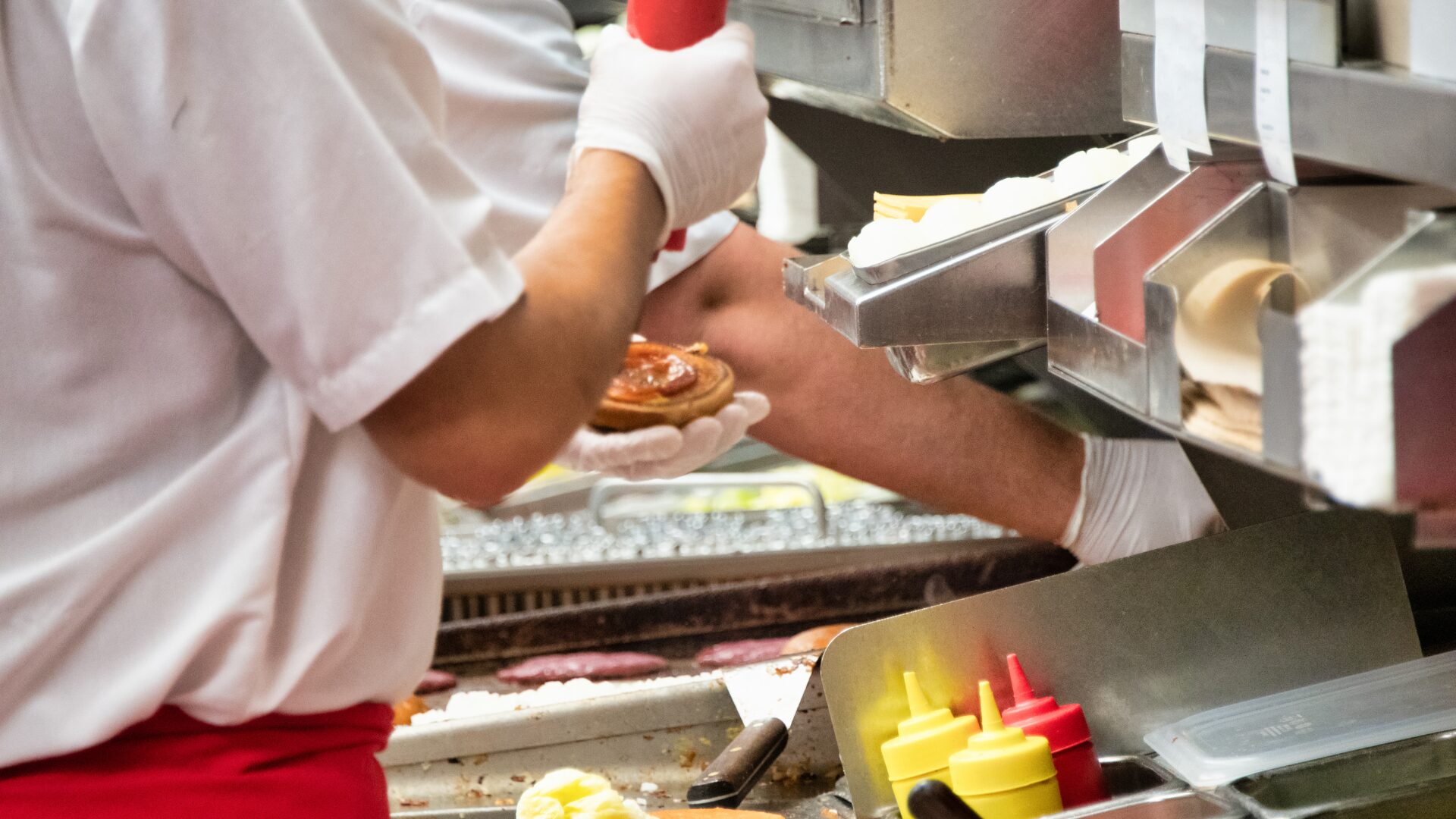With nearly every household in the U.S. purchasing frozen food and $74 billion in sales, the frozen category plays a pivotal role in the industry. Meanwhile, companies are increasingly hearing new demands from their supply chain customers, shareholders, leadership and consumers to measure and reduce their environmental footprint. The American Frozen Food Institute’s (AFFI) board of directors recognized in recent years that sustainability must be a strategic focus.
Dr. Sanjay Gummalla, AFFI’s Vice President of Scientific Affairs, recently sat down with The Food Institute to discuss the future of frozen food.
The Food Institute: The term “sustainability” covers a broad umbrella. How does frozen food fit into this?
Dr. Gummalla: “First and foremost, frozen food is an inherent solution to food waste and plays a crucial role in combating consumer-level food waste. Nearly 40% of all food in the U.S. goes uneaten, reaching a value of $444 billion. Per person, this equates to almost 550 pounds of extra food a year. This has an economic and environmental impact – food waste is responsible for 58% of fugitive methane gas emissions among solid material landfills.
Unlike perishable foods, data shows that the longer shelf life of frozen food allows consumers to more easily prepare only the amounts they need and avoid needlessly discarding food due to spoilage. AFFI has a library of data that demonstrate how frozen food minimizes food waste and the related benefits this provides for consumers.
Beyond food waste, there are opportunities to better understand the energy burden of the frozen food sector and implement decarbonization strategies across the cold chain – from manufacturing through retail. AFFI is working closely with its members on their journey to reduce the carbon footprint of frozen food processing.
You touch on energy use and decarbonization. What exactly are AFFI members doing there, and what role is AFFI itself playing?
Reducing energy consumption and decarbonization are complex and strategic activities for any manufacturing sector and entail understanding facility and enterprise-level needs, demands, capabilities and costs. There is a diversity of knowledge and ability across the frozen food sector, whether measuring energy use, calculating greenhouse gas (GHG) emissions, investing in renewable energy sources or simply making operational efficiencies at facilities. For this reason, AFFI took the approach to meet the needs of individual members, and emphasize the collective potential of the supply chain to reduce frozen’s carbon footprint.
For example, AFFI leads a member share-group comprised of frozen food industry leaders. This group meets periodically to raise relevant decarbonization priorities, share best practices and consider new initiatives on behalf of the industry. A key attribute of the share-group is a commitment to pre-competitive engagement and setting company-specific energy/GHG emission reduction targets
AFFI has also partnered with global climate consultancy Guidehouse to bring its Supplier Leadership on Climate Transition (Supplier LOCT) training program to our members. Supplier LOCT offers hands-on educational expertise to understand carbon accounting protocols, particularly GHG emissions, setting reduction targets, strategies for carbon abatement, and mechanisms for public disclosure and transparency in carbon reporting. In fact, AFFI’s board approved strategic funds to subsidize member enrollment in the training. Most importantly, these training opportunities build industry capacity in a new arena. This data- and science-driven program offers professional development and educational opportunities to help frozen food companies advance their decarbonization journey.
What are the next big projects in this space? What does the future hold?
As mentioned, there is a collective potential across the supply chain to drive reductions in GHG emissions in this sector. The broader global supply chain and logistics partners are keen to reassess the long-standing storage temperature standard of -18°C (0°F). AFFI, in partnership with the Global Cold Chain Alliance (GCCA), is leading a U.S. marketplace effort to investigate the feasibility of transitioning to an elevated frozen storage temperature through a systematic and science-based approach.
Theoretical calculations offer notable reductions in energy demand by raising the temperature of frozen food storage and distribution by just a few degrees. AFFI does not expect such an increase in temperature to pose food safety concerns. However, we need to better understand its impact on product quality, particularly across real-world distribution channels. These efforts are also likely to place renewed interest in temperature monitoring and ensuring the temperature integrity of frozen foods as they move through the supply chain. These are important considerations and AFFI is committed to working with all stakeholders in the frozen supply chain – beyond its membership – to further explore and understand future possibilities.
Overall, the sustainability profile of frozen foods is an increasingly important issue for AFFI members, supply chain partners and other stakeholders, particularly consumers. Whether a frozen food company is B2B or B2C, they are facing new demands and expectations. By leveraging the powerful role of frozen food in reducing food waste or adapting frozen facility and distribution footprints to reduce energy use and GHG emissions, businesses should take advantage of AFFI’s resources now as they prepare for the future.
About the author: Dr. Sanjay Gummalla serves as the Senior Vice President of Scientific Affairs for the American Frozen Food Institute.
The Food Institute Podcast
U.S. grocery retailers are facing regulatory scrutiny on pricing, ever-increasing shrink and a financially-stretched consumer, but how can they adapt to these new market pressures? Supermarket Guru Phil Lempert joined The Food Institute Podcast to discuss the Kroger-Albertsons merger, the rise of private label and more.










